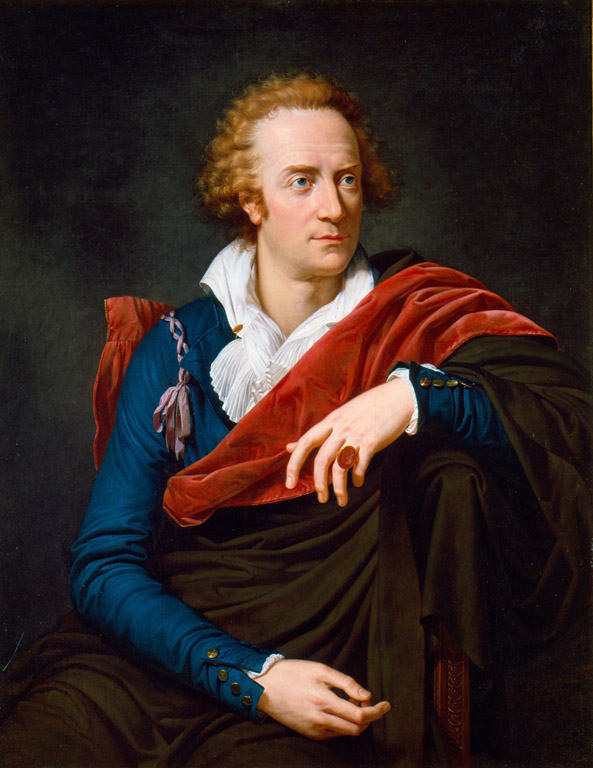„Часто для того, чтобы жить, надо больше мужества, чем чтобы умереть.“
Вариант: Часто для того, чтобы жить, надо больше мужества, чем чтобы умереть.
Граф Витто́рио Альфье́ри — итальянский поэт и драматург-классицист, «отец итальянской трагедии».

„Часто для того, чтобы жить, надо больше мужества, чем чтобы умереть.“
Вариант: Часто для того, чтобы жить, надо больше мужества, чем чтобы умереть.
Источник: Н. Я. Хоромин (составитель). Энциклопедия мудрости. — Киев: книгоиздательство «Пантеон» О. Михайловскаго, 1918. — (переизд. — Энциклопедия мысли. — М.: Русская книга, 1994.)
„Не смерть, а жизнь есть испытание мужества.“
Вариант: Не смерть, а жизнь есть испытание мужества.
Источник: Афоризмы. Золотой фонд мудрости / сост. О. Еремишин — М.: Просвещение, 2006.
“Where there are laws, he who has not broken them need not tremble.”
Ove son leggi,
Tremar non dee chi leggi non infranse.
Virginia, II, 1; reported in Hoyt's New Cyclopedia Of Practical Quotations (1922), p. 430.
“Disgrace does not consist in the punishment, but in the crime.”
Non nella pena,
Nel delitto è la infamia.
Antigone, I, 3; reported in Hoyt's New Cyclopedia Of Practical Quotations (1922), p. 148.
“A usurper always distrusts the whole world.”
Usurpator diffida
Di tutti sempre.
Polinice, III, 2; reported in Hoyt's New Cyclopedia Of Practical Quotations (1922), p. 197.
“I had seen the great, but I had not seen the small.”
J'avais vu les grands, mais je n'avais pas vu les petits.
Reason for Changing his Democratic Opinions; reported in Hoyt's New Cyclopedia Of Practical Quotations (1922), p. 93.
“Liars are always most disposed to swear.”
A giurar presti i mentitor son sempre.
Virginia, II, 3; reported in Hoyt's New Cyclopedia Of Practical Quotations (1922), p. 485.
“For 'tis impossible
Hate to return with love.”
Che amar chi t'odia, ell'è impossibil cosa.
Polinice, II, 4; reported in Hoyt's New Cyclopedia Of Practical Quotations (1922), p. 464.
“First thoughts are not always the best.”
Sempre il miglior non è il parer primiero.
Don Garzia, III, 1; reported in Hoyt's New Cyclopedia Of Practical Quotations (1922), p. 787.
“Deep vengeance is the daughter of deep silence.”
Alta vendetta
D'alto silenzio è figlia.
La Congiura de' Pazzi, I, 1; reported in Hoyt's New Cyclopedia Of Practical Quotations (1922), p. 707.
“To err is human; but contrition felt for the crime distinguishes the virtuous from the wicked.”
D'uomo è il fallir, ma dal malvagio il buono
Scerne il dolor del fallo.
Rosmunda, III, 1; reported in Hoyt's New Cyclopedia Of Practical Quotations (1922), p. 665.
“I wanted, I always wanted, I wanted so intensely.”
Volli, sempre volli, fortissimamente volli.
Risposta dell'autore alla lettera di Ranieri de' Calzabigi, 1783
“Ofttimes the test of courage becomes rather to live than to die.”
Spesso è da forte,
Più che il morire, il vivere.
Oreste, IV, 2; reported in Hoyt's New Cyclopedia Of Practical Quotations (1922), p. 440.